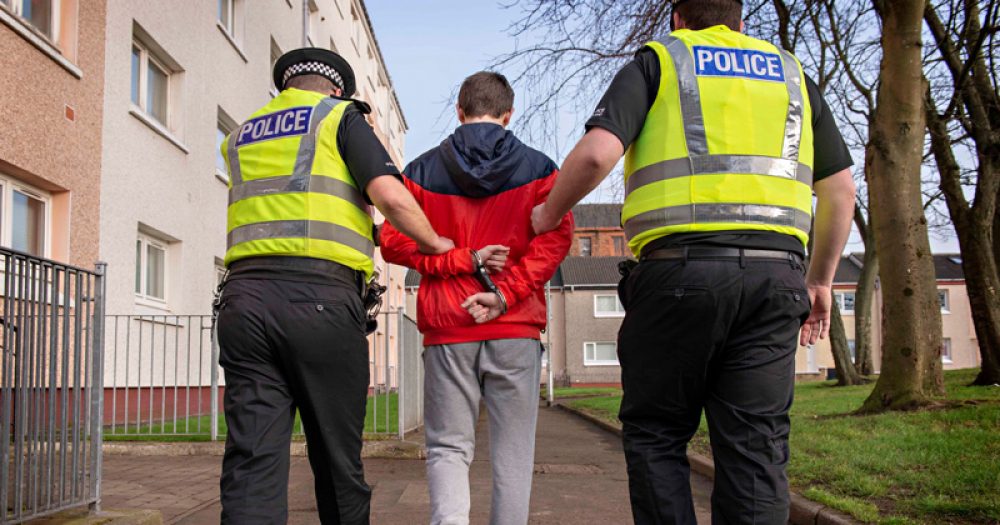Ofsted and other watchdogs will inspect how authorities including schools are working together to prevent serious youth violence.
From September, three-week joint targeted area inspections (JTAI) will probe how police, children’s social care, education, youth offending services and health services handle violence amongst youngsters, including drug trafficking across county lines.
The watchdogs will inspect up to six local areas between now and May next year. A report for each area will be published, as well as a thematic overview of findings.
Yvette Stanley, Ofsted’s national director for social care, said the causes of “devastating” youth violence are “complex and the JTAI framework is well placed to evaluate how different local agencies work together to tackle this critical issue.
“We want to identify practice that is making a real difference to children, and aspects of multi-agency work that need to improve, so that we can share this learning widely.”
Here’s what schools need to know…
1. Schools’ preventative work explored
The 12-person inspection team will be led by an Ofsted social care inspector. There will be one schools inspector.
Their job will be to review “children’s experiences” for the children’s cases that the local partnership is asked to audit.
They will meet with schools or education providers those children attend and evaluate whether schools “contribute effectively to a well-coordinated” response to make sure the child gets the “right support, help and protection at the right time”.
The inspector will meet with education representatives to “evaluate how schools are working with others to ensure that preventative work is taking place and to evaluate the response to children missing education”.
Other inspectors include three from His Majesty’s Inspectorate of Constabulary and Fire and Rescue Services (HMICFRS), three from the Care Quality Commission (CQC) and two from His Majesty’s Inspectorate of Prisons.
A senior HMI from Ofsted will be the quality assurance manager.
2. Agencies ‘work together to keep kids in education’
Inspectors will evaluate children’s experiences against a 21-part criteria. Two of these directly reference schools.
One is that schools have “effective systems” to identify children at risk, or subject to, serious youth violence or exploitation and children who are missing from school.
Schools should make “timely referrals to access appropriate support” and share information appropriately with other agencies.
Schools should also be supported by local safeguarding partners to “contribute effectively to multi-agency working” and raise awareness of the risks of youth violence.
“Partners work together to support children to remain in education,” the criteria adds.
3. Councils should report on children not in school
Councils should share a report with inspectors on school-age children who are not receiving full time education at the time of inspection.
The council should provide the child’s unique pupil number, date of birth, whether they were excluded and information about what education provision they are receiving.








Your thoughts